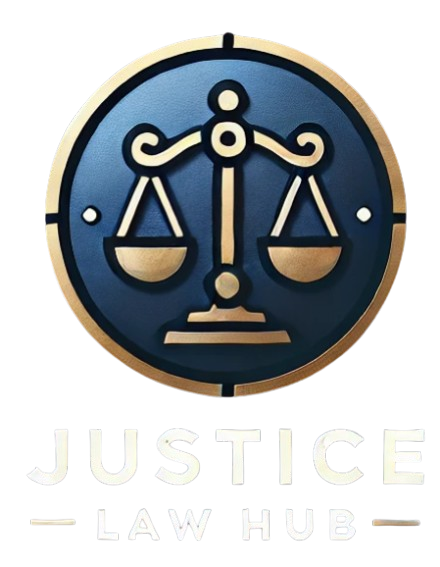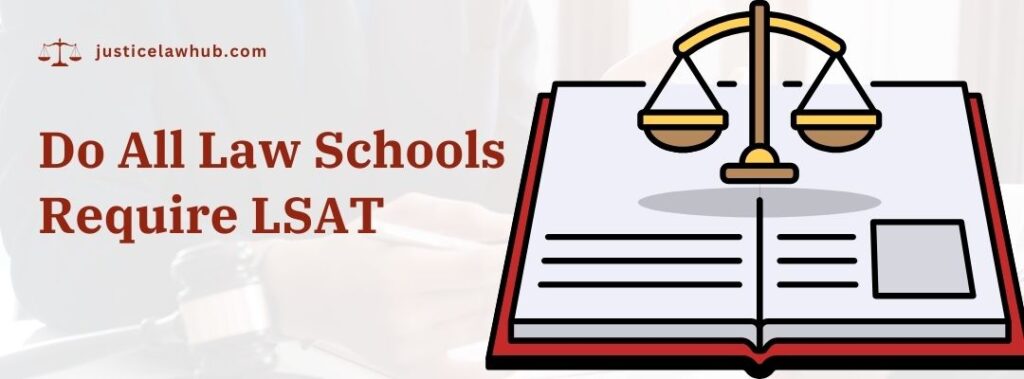Applying to law school can feel overwhelming, especially with the variety of admission requirements. One question that often arises among prospective students is: Do all law schools require LSAT? The answer is nuanced. While the LSAT (Law School Admission Test) is a common requirement, not every law school mandates it. Understanding which institutions require the LSAT, the alternatives available, and how to strengthen your application without it is crucial for aspiring law students.
Understanding the LSAT
The LSAT is a standardized test designed to measure skills essential for success in law school, including reading comprehension, logical reasoning, and analytical thinking. Law schools in North America have long relied on LSAT scores as a major part of their admissions process.
Purpose of the LSAT
The LSAT evaluates your critical thinking and reasoning abilities rather than memorized knowledge. Law schools use it to gauge your potential to succeed in rigorous legal studies. A high LSAT score can strengthen your application, while a low score may limit your options.
Related Post: Do Law Schools Verify Your Resume
Do All Law Schools Require the LSAT?
The short answer is no. While many law schools, particularly in the United States, strongly prefer or require the LSAT, there are exceptions. Some institutions offer alternative pathways or waive the LSAT requirement under specific circumstances.
Law Schools That Waive LSAT Requirements
Some law schools have adopted the GRE (Graduate Record Examination) as an alternative to the LSAT. Others may allow students with exceptional academic records or prior graduate degrees to bypass standardized testing entirely.
For example, a few U.S. law schools accept GRE scores in lieu of the LSAT, aiming to attract a broader range of applicants. This shift is part of a growing trend to diversify the applicant pool and reduce barriers to entry.
Do All Canadian Law Schools Require the LSAT?
The answer varies by institution. Unlike in the U.S., where most law schools rely heavily on LSAT scores, do all Canadian law schools require the LSAT? Not exactly.
Schools That Require the LSAT in Canada
Several Canadian law schools, such as the University of Toronto and Osgoode Hall (York University), require LSAT scores for admission. These schools consider the LSAT an important indicator of a candidate’s analytical and critical thinking abilities.
Schools That Don’t Require the LSAT
However, some Canadian law schools have different admission criteria. Certain institutions focus more on undergraduate GPA, personal statements, or other factors instead of standardized testing. These schools aim to evaluate applicants holistically, recognizing that potential legal talent cannot always be measured by a single exam.
Alternatives to the LSAT
If you’re concerned about taking the LSAT, there are several alternatives and strategies to enhance your law school application.
GRE as an Alternative
Many law schools now accept the GRE. The GRE tests verbal reasoning, quantitative reasoning, and analytical writing. Students with strong GRE scores can demonstrate academic readiness without taking the LSAT.
Academic Excellence and GPA
A stellar undergraduate GPA can sometimes offset the absence of an LSAT score. Schools that consider your overall academic performance may place more weight on your GPA than standardized test results.
Personal Statements and Extracurriculars
A compelling personal statement, strong letters of recommendation, and relevant extracurricular activities can significantly strengthen your application. These elements demonstrate your passion, commitment, and readiness for legal studies.
Pros and Cons of LSAT-Optional Admissions
Pros
- Reduced Stress: Students can avoid the pressure of a high-stakes exam.
- Accessibility: More students from diverse backgrounds can apply.
- Holistic Review: Admissions committees consider the applicant as a whole.
Cons
- Less Standardization: Without a test score, it can be harder to compare applicants objectively.
- Potential Competitiveness: Schools may still have high standards in other areas.
- Uncertain Impact: Applicants may feel unsure if their lack of LSAT will disadvantage them.
Related Post: Is Hofstra a Good School for Law
How to Decide If You Should Take the LSAT
Even if a school does not explicitly require the LSAT, taking it can strengthen your application in several ways:
- Broaden Your Options: Some schools may still prefer LSAT scores, so having one keeps your options open.
- Boost Your Profile: A strong score can compensate for weaker parts of your application.
- Demonstrate Readiness: It shows you’re prepared for the analytical demands of law school.
Tips for Applicants in LSAT-Optional Law Schools
- Research Requirements: Carefully review each law school’s admissions criteria.
- Focus on Strengths: Highlight GPA, personal statements, research experience, or relevant work.
- Prepare for Interviews: If standardized testing is not required, interviews may carry more weight.
- Show Commitment to Law: Volunteer work, internships, or legal research can strengthen your candidacy.
Conclusion
To answer the original question: do all law schools require LSAT? No. While the LSAT remains a central component for many U.S. and Canadian law schools, several schools have alternatives, particularly GRE scores or holistic admissions processes. Understanding each law school’s specific requirements, and leveraging alternative strengths in your application, can help you navigate the admissions process successfully.
Whether you take the LSAT or pursue an LSAT-optional path, preparation, research, and strategic planning are key to maximizing your chances of admission. Your journey to law school can be tailored to your strengths, giving you multiple paths to achieve your legal education goals.



